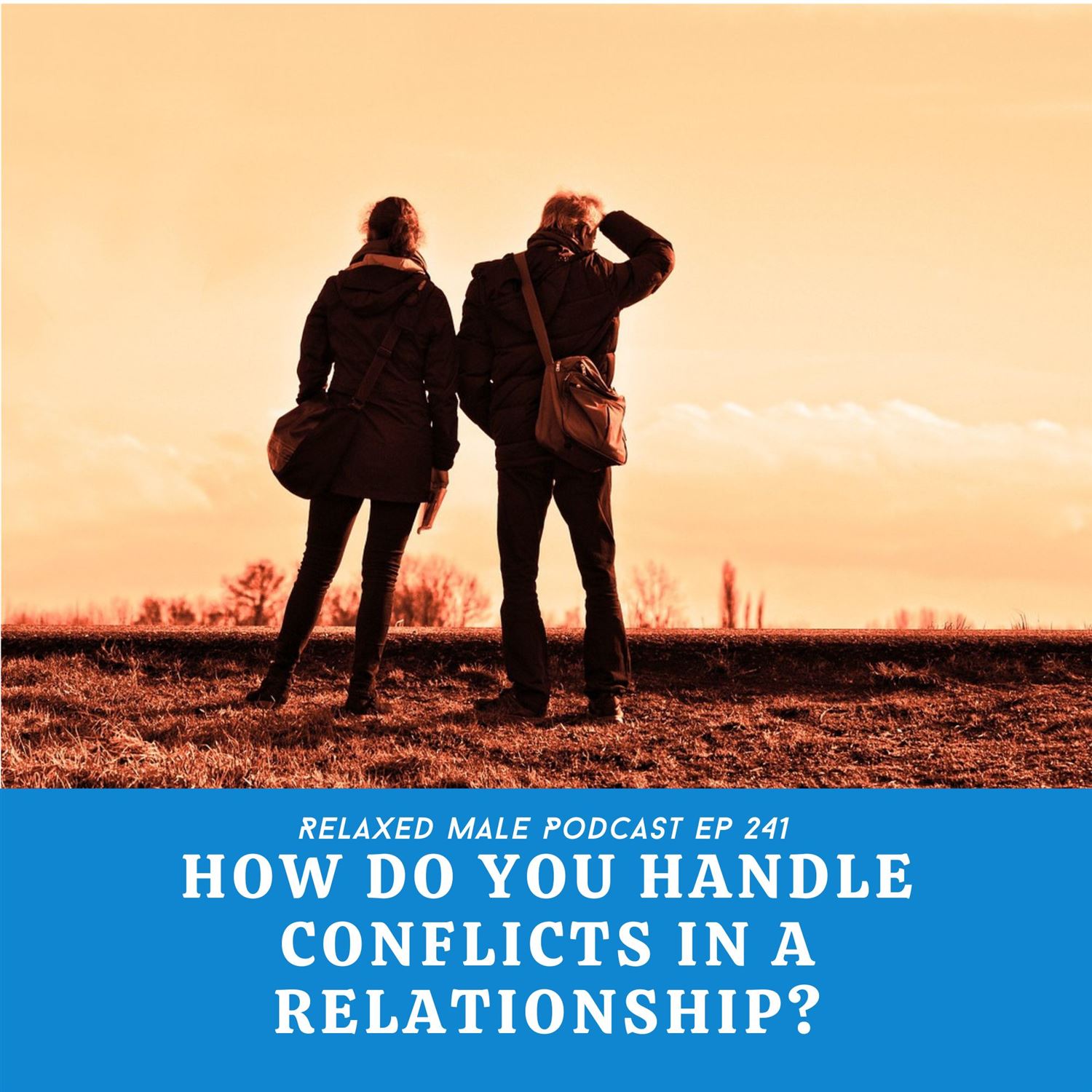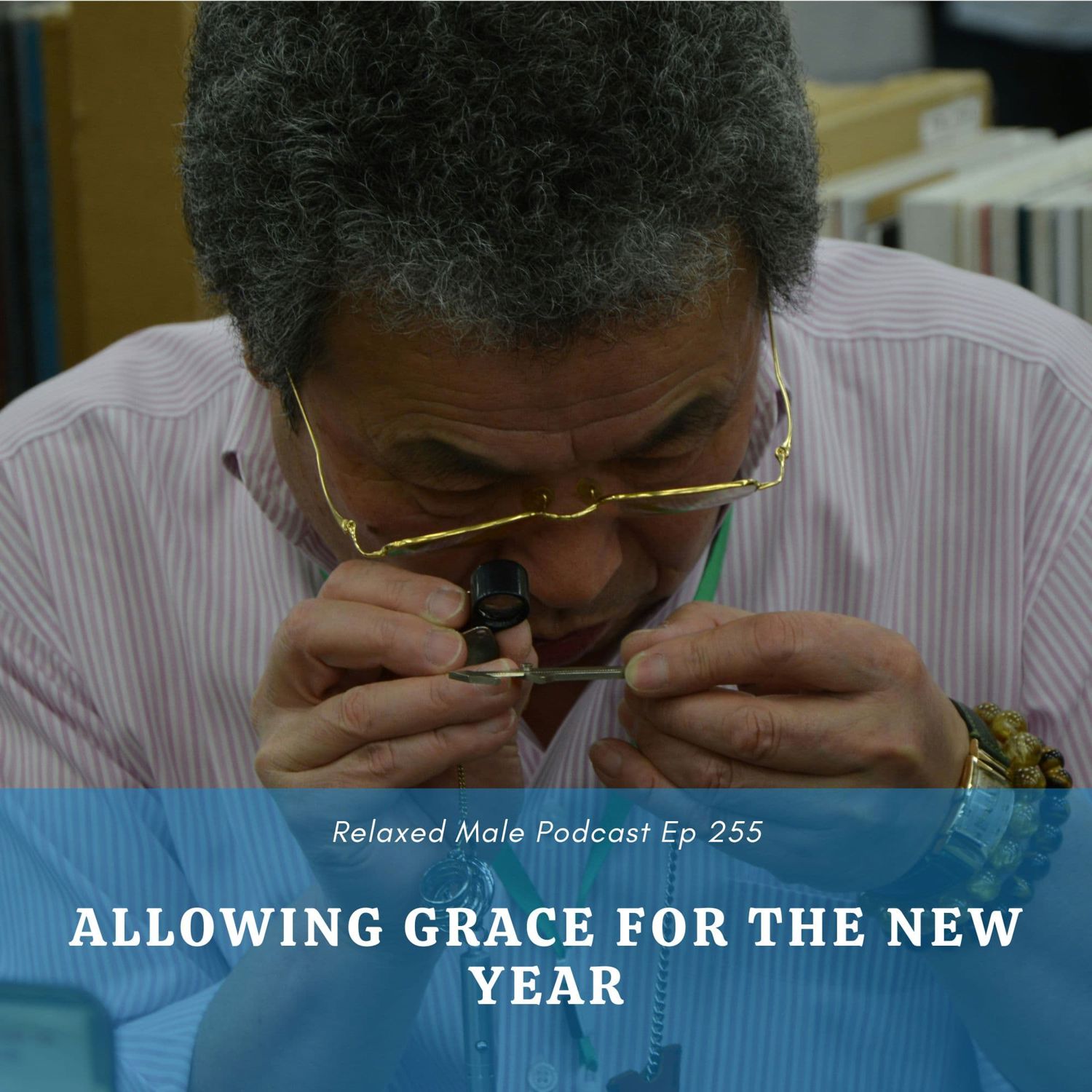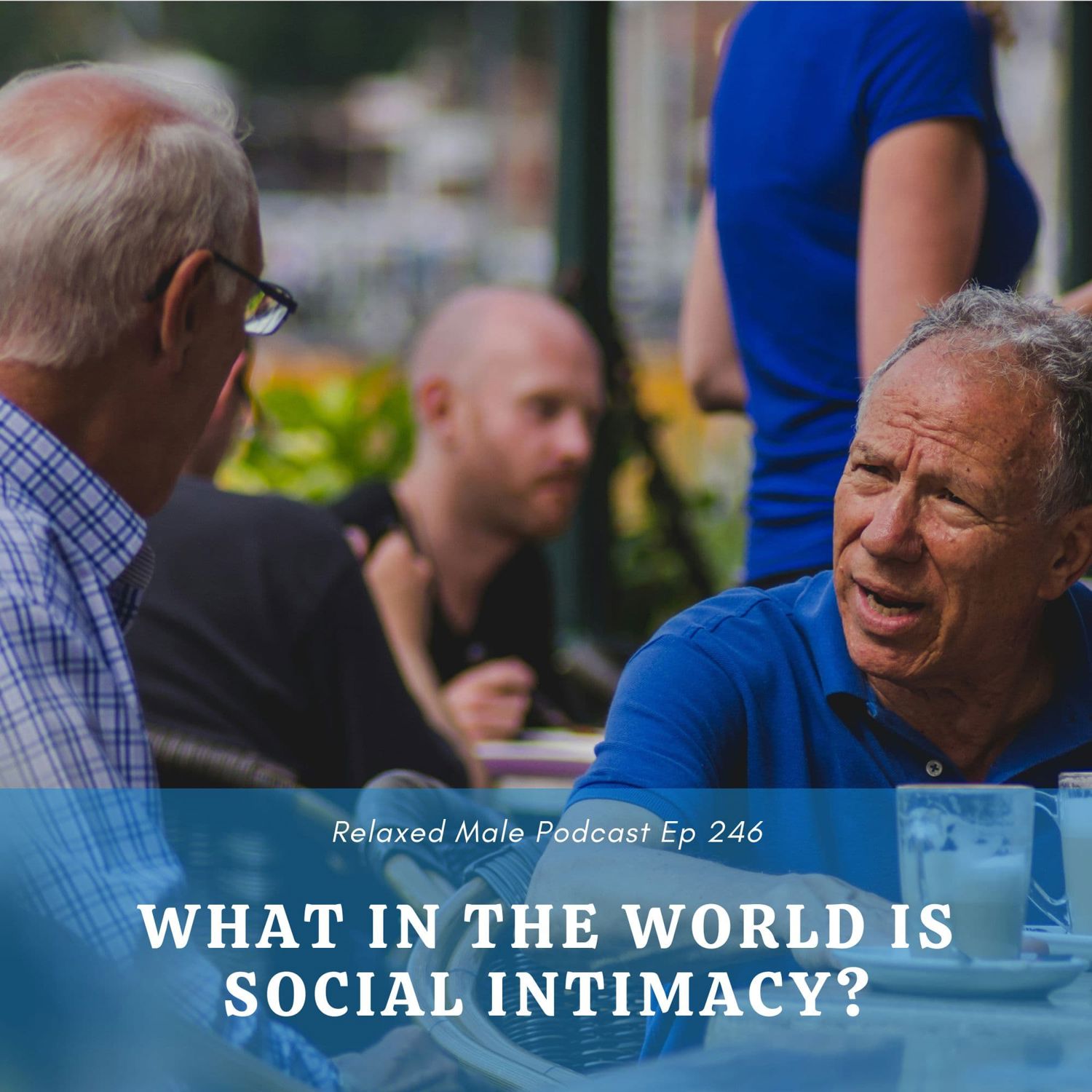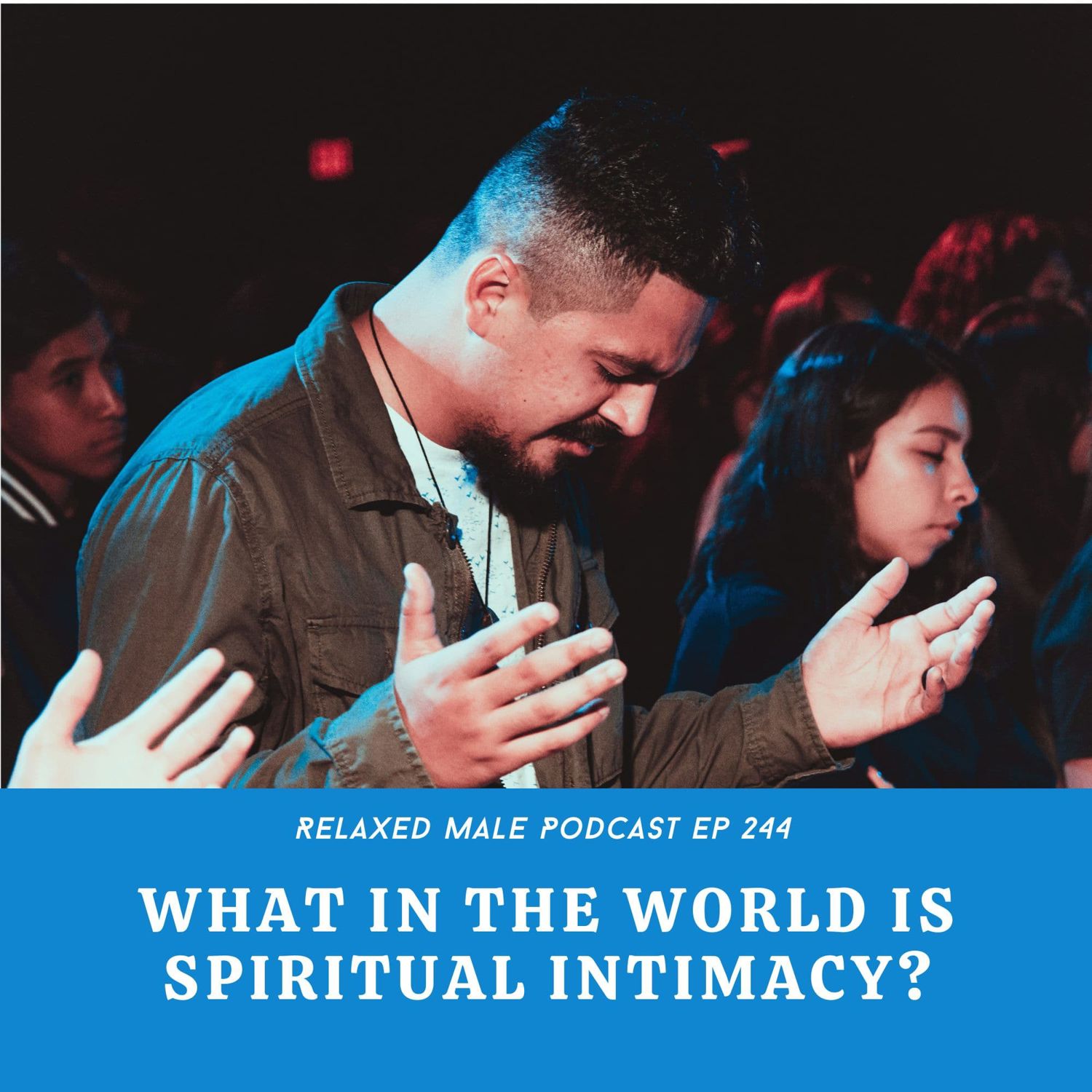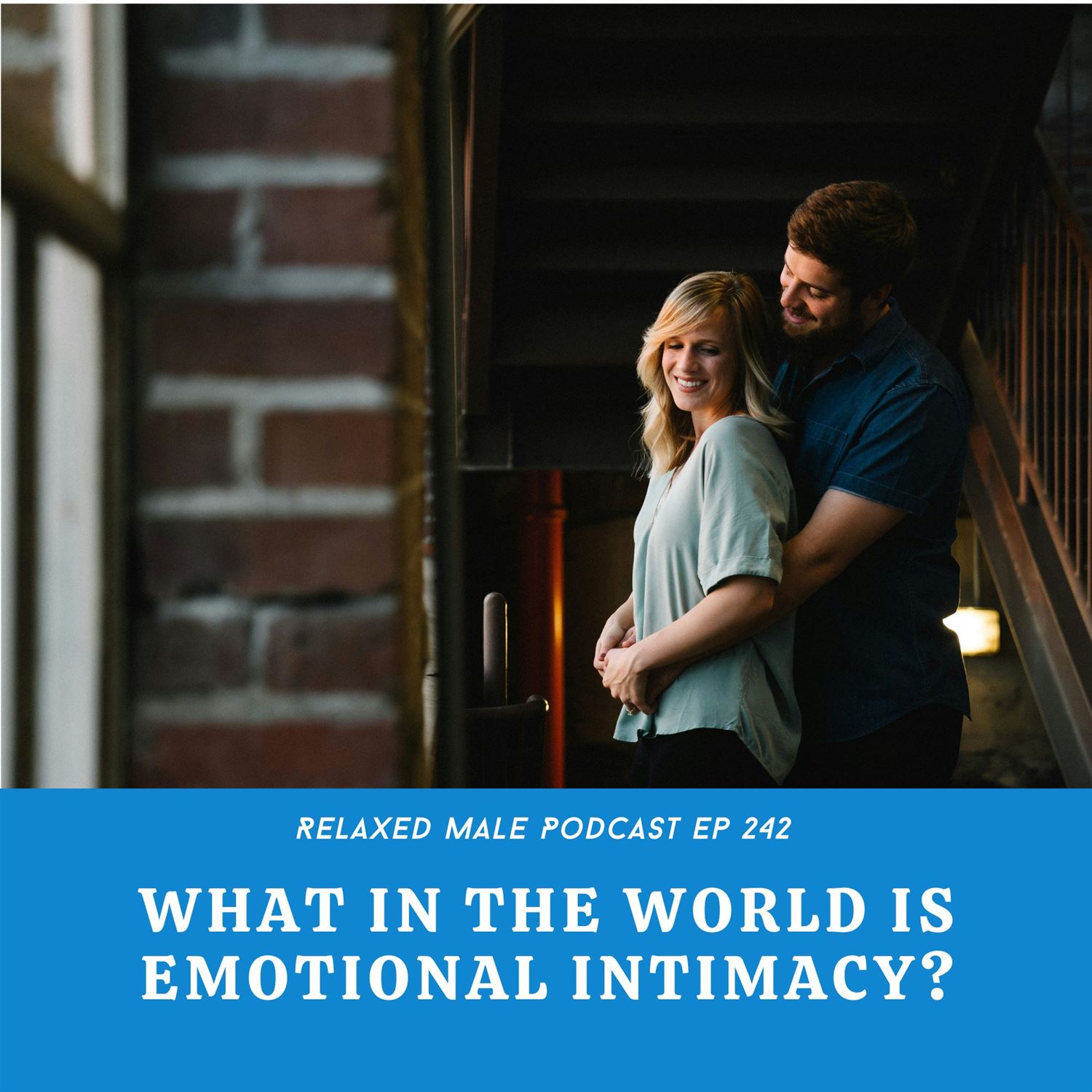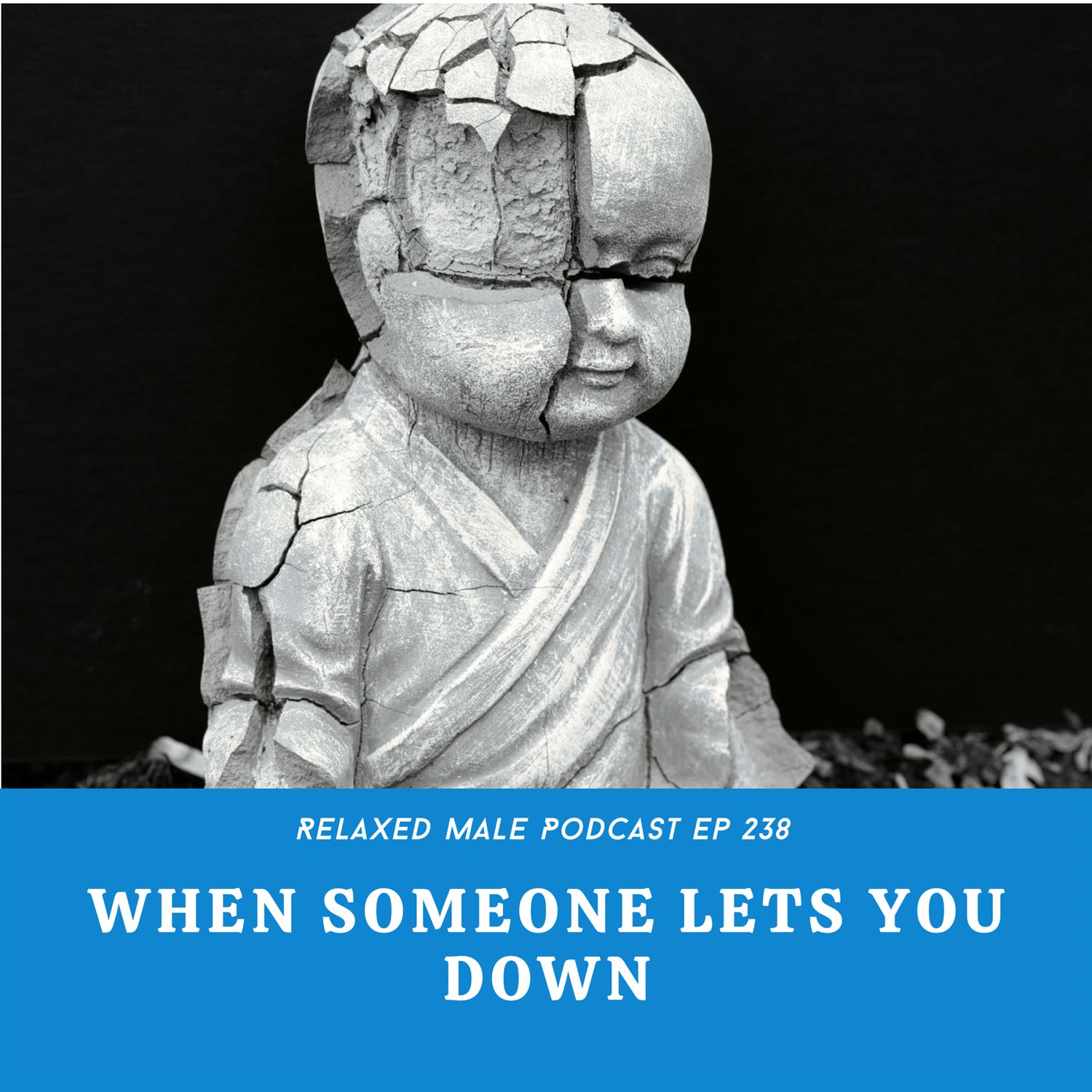How Do You Handle Conflicts In a Relationship?
Description
In this episode of The Relaxed Male, we delve deep into the complexities of conflict, particularly in relationships, where disagreements often escalate into more significant issues. I emphasize the importance of addressing these conflicts rather than avoiding them, as avoiding uncomfortable discussions can lead to resentment and unresolved feelings. I explain that conflict itself is not inherently negative but rather an opportunity for growth and understanding if handled correctly.
As a certified men's coach, my mission is to help men escape the cycle of being a "nice guy," which often leads to self-sacrifice and relationship struggles. I focus on how men can learn to express their emotions constructively instead of resorting to avoidance or silence. Understanding that emotions are simply vibrations within the body can empower individuals to engage more genuinely with their partners.
Throughout the episode, I outline what constitutes conflict, explaining that it often stems from differing thoughts about a shared experience – like a movie that one person loved and the other despised. Recognizing that these differing opinions are neutral circumstances until we assign meaning to them can shift the way we approach disagreements. I encourage listeners to be mindful of their thoughts during conflicts, as these thoughts shape the emotions we experience, which in turn dictate our actions and reactions.
I highlight various conflict responses, including avoidance and anxiety, emphasizing the need for intention and awareness in navigating disagreements. By reframing our approach to conflict, we can allow our emotional minds to pause, think rationally, and respond appropriately. I introduce the concept of the "model," which illustrates that our feelings stem from our thoughts, not the actions of others, allowing men to take ownership of their emotional journeys.
Additionally, I discuss the importance of understanding our spouses' perspectives during conflicts. I introduce the "four pillars of effective communication," derived from the teachings of Tony Overbay. These pillars stress the importance of not assuming ill intentions, recognizing emotions, seeking to understand before being understood, and avoiding victimhood in discussions. I explain that by adhering to these principles, men can navigate conversations more effectively, leading to healthy resolutions rather than destructive fights.
The episode culminates in practical strategies for being present during conflicts. I advocate for being intentional about how we show up in our relationships, as well as the necessity for reflection after conflicts to analyze what went wrong or right. This self-awareness will lead to personal growth and improve interactions with our partners over time.
For those who resonate with these insights and seek further guidance, I invite listeners to reach out for one-on-one coaching sessions aimed at fostering stronger, healthier relationships. Ultimately, the episode reinforces that conflict is a natural part of relationships, and how we handle it can either strengthen our bonds or create distance. As I wrap up, I encourage listeners to share their reflections and insights from this episode with friends or family, as the journey of becoming better partners is one worth sharing.

